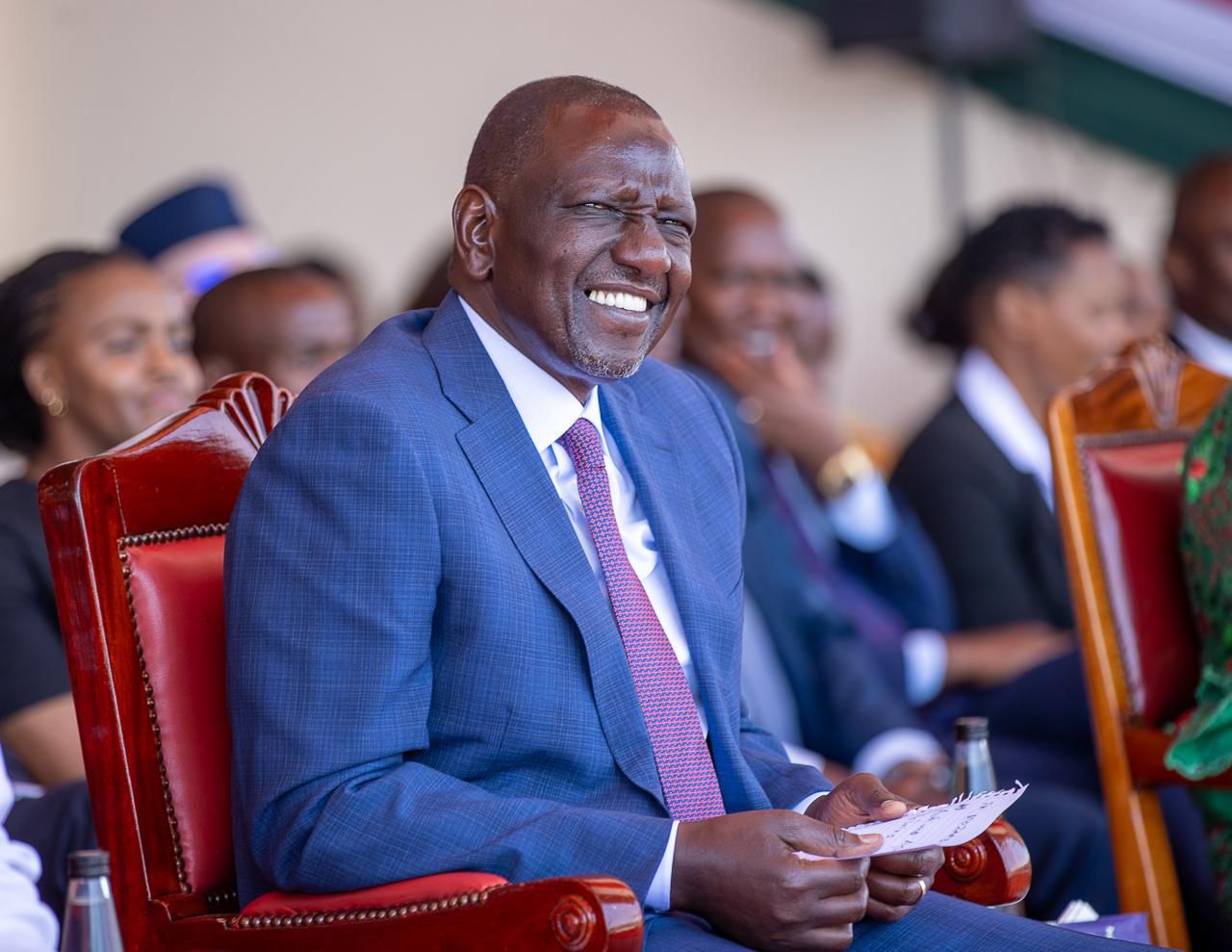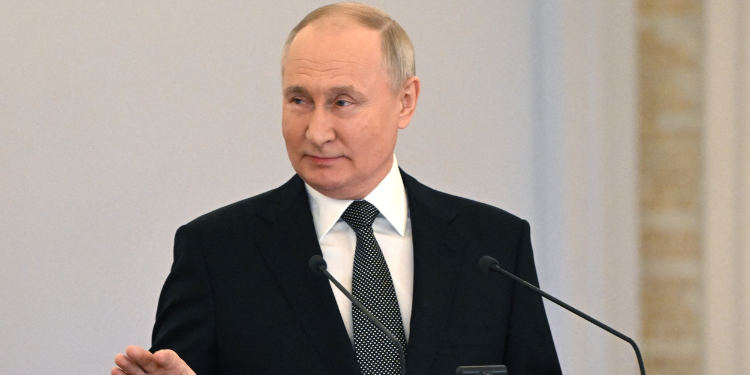Russian firms, upended by a cascade of Western sanctions and financial isolation, are quietly returning to barter trade directly instead of using money.
The new-old system, reminiscent of the chaotic 1990s, is being used as a workaround to the US dollar and euro freeze-outs, banking restrictions, and fears among foreign banks about secondary sanctions.
Over the past year, at least eight barter deals have been documented where Russian companies exchange exports, like wheat or flaxseed, for industrial goods, construction materials, or machinery from partners such as China.
One deal: Russian wheat in return for Chinese cars. Another: flaxseed swapped for building supplies.
Sanctions on Russia
Chinese firms, wary of dealing with Russian entities due to possible sanctions exposure, are increasingly insisting on barter to avoid international banking channels.
Since Russia’s invasion of Ukraine, the US, EU, and other allies have imposed more than 25,000 sanctions targeting trade, finance, and individual actors.
Also Read: NORAD Jets Intercept Plane Over Trump’s Restricted Airspace
“Chinese banks are afraid of being placed on sanctions lists, under secondary sanctions, so they do not accept money from Russia,” a source in the payment market told Reuters.
In 2024, Russia’s economy ministry issued a 14-page “Guide to Foreign Barter Transactions,” advising businesses on how to use the method to skirt sanctions.
It even proposed the creation of a trading platform that would work as a barter exchange.
“Foreign trade barter transactions allow the exchange of goods and services with foreign companies without the need for international transactions,” the ministry document said, citing “conditions of sanctions restrictions.”
Disruption of access to systems like SWIFT, combined with fears of secondary sanctions, where banks could be penalized for dealing with Russia, has made ordinary trade payments risky.
In response, the Russian government issued guidelines to companies on how to do foreign barter transactions.
Is Russia Bankrupt or Just Blocked?
It’s the foreign trade surplus that has shrunk. In early 2025, exports dropped compared to the previous year, while imports rose.
Also Read: Russia’s Vladimir Putin Demands 6,000 km of Ukraine Land
The central bank and analysts are showing signs of economic strain, including high inflation and technical recession.
Barter trade is emerging due to the scarcity of money, especially foreign currency, and access to financial markets is being restricted by sanctions and partners’ fear of violating them.
In the 1990s, after the Soviet Union’s collapse, barter deals proliferated because currency and banking systems were unstable.
Industries operated on exchanges, pricing became opaque, fraud increased, and it was challenging to determine the true value of traded goods.
Follow our WhatsApp Channel and X Account for real-time news updates
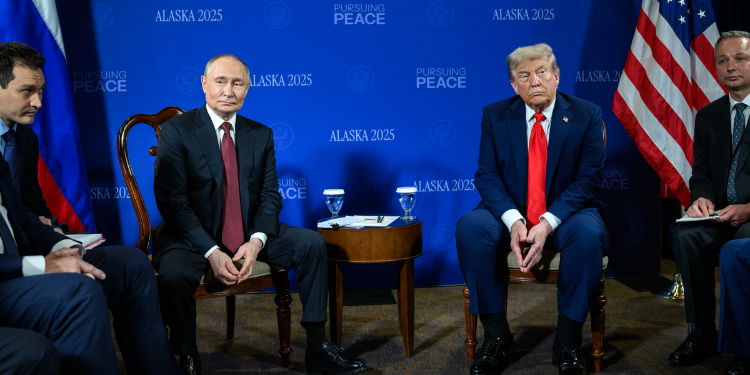

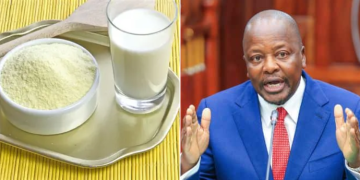



















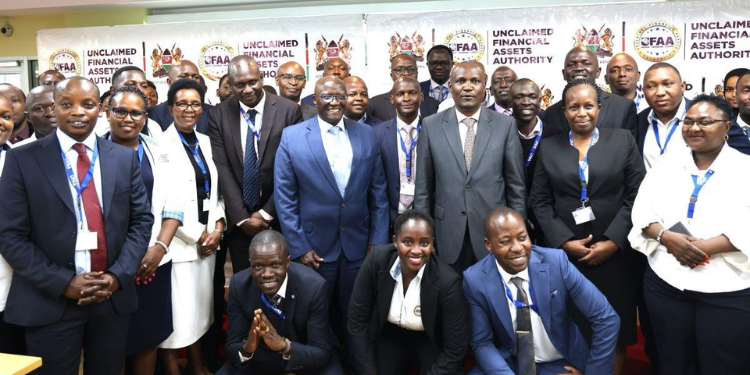
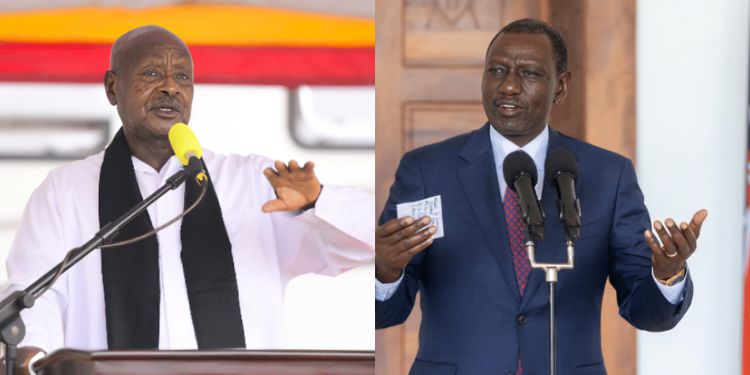

























![Senator Allan Chesang And Chanelle Kittony Wed In A Colourful Ceremony [Photos] Trans Nzoia Senator Allan Chesang With Channelle Kittony/Oscar Sudi]( https://thekenyatimescdn-ese7d3e7ghdnbfa9.z01.azurefd.net/prodimages/uploads/2025/11/Trans-Nzoia-Senator-Allan-Chesang-with-Channelle-KittonyOscar-Sudi-360x180.png)


















